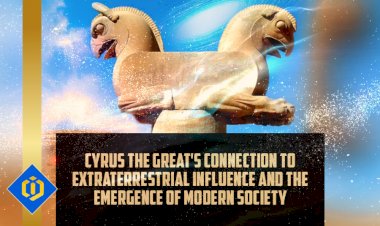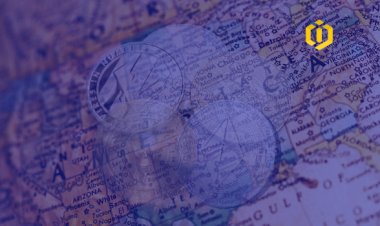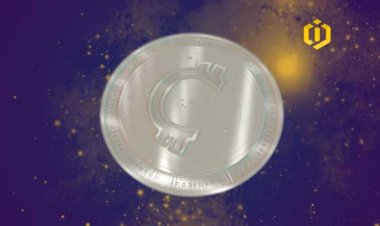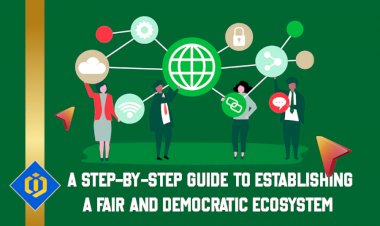What Are Dubai's Free Zones?
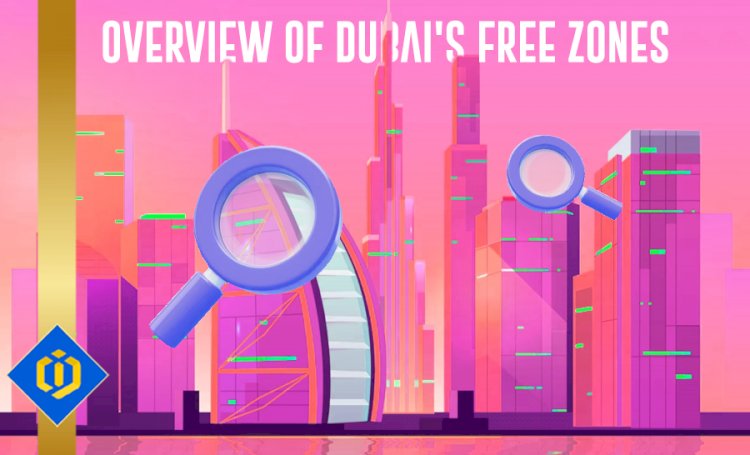
Dubai's free zones are specialized economic areas created to draw in foreign investment, boost economic growth, and advance global trade. These zones offer a variety of advantages, such as tax exemptions, 100% foreign ownership, and simplified business setup procedures, to businesses and entrepreneurs in order to foster a business-friendly environment. Each free zone provides services for particular sectors of the economy and types of business operations, fostering a thriving business community.
In Dubai, there are many different free zones, each with special benefits and a focus on a different industry. Among the city's principal free zones are:
1. Jebel Ali Free Zone (JAFZA) is the oldest and one of the biggest free zones in Dubai. It was founded in 1985. It concentrates on manufacturing, trading, and logistics operations and is ideally situated close to the Jebel Ali Port and Al Maktoum International Airport.
2. Launched in 2002, the Dubai Multi Commodities Centre (DMCC) is a well-known free zone for trading commodities, such as precious metals, diamonds, and tea. It provides a prestigious business address in the Jumeirah Lakes Towers neighborhood and also houses a variety of other businesses.
3. Dubai Airport Free Zone (DAFZA) is a light manufacturing, aviation, and logistics industrial park next to Dubai International Airport. Modern infrastructure is available, and it has great connectivity to the rest of the city.
4. Dubai International Financial Centre (DIFC): Founded in 2004, DIFC is a leading financial center that draws prestigious banks, investment firms, and financial institutions. It operates within a distinct legal and regulatory framework, giving businesses a stable and open environment.
5. Dubai Silicon Oasis (DSO): DSO is a technology-focused free zone that encourages creativity and research and development (R&D) in the areas of IT, electronics, and smart city solutions. It offers a variety of amenities, such as workspaces, research facilities, and housing choices.
6. Dubai Healthcare City (DHCC) was established in 2002 and is a free zone with a healthcare industry that draws physicians, clinics, hospitals, and pharmaceutical firms. It aims to establish a premier healthcare hub in the area.
7. Dubai Media City (DMC) was founded in 2000 and serves as a center for the media and creative sectors, including publishing, broadcasting, and advertising. It provides cutting-edge amenities and a thriving community for media professionals.
8. Dubai Design District (d3) was established in 2013 and serves as a creative center for businesses in the fashion, design, and art industries. It offers a venue for cooperation and creativity, fostering a thriving design community.
9. Al Maktoum International Airport, the location of the upcoming Expo 2020, as well as a variety of commercial and residential areas, are all part of the enormous, multi-phase development project known as Dubai World Central (DWC). Future plans call for it to grow into a significant business, aviation, and logistics hub.
10. The printing, publishing, and packaging industries are the main focus of Dubai Production City (DPC), formerly known as the International Media Production Zone (IMPZ). It provides companies in these industries with cutting-edge facilities and infrastructure.
These are just a few of the numerous free zones in Dubai, each of which supports particular industries and commercial pursuits. These areas are essential for encouraging economic diversification and luring foreign capital, which strengthens Dubai's standing as a major international business hub.
Author: Pooyan Ghamari, Swiss Economist

 content-team
content-team 


